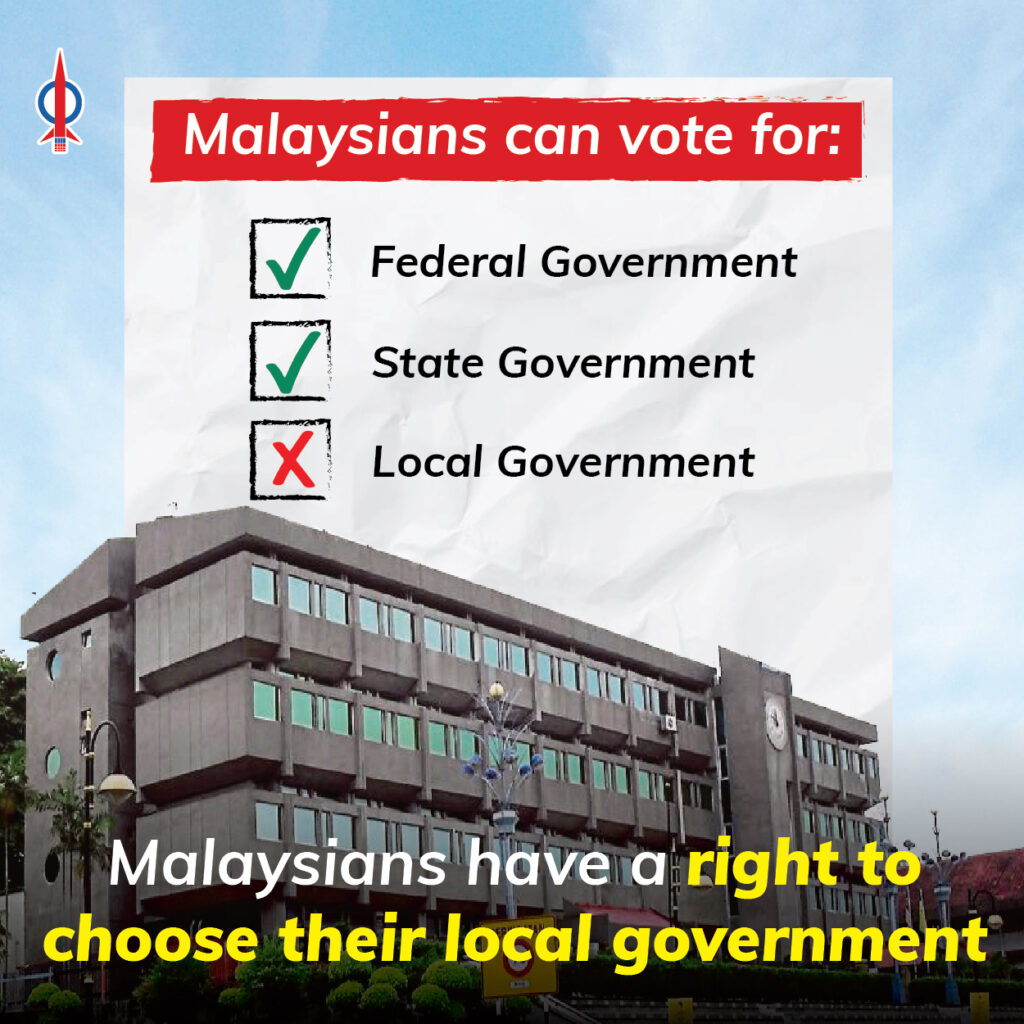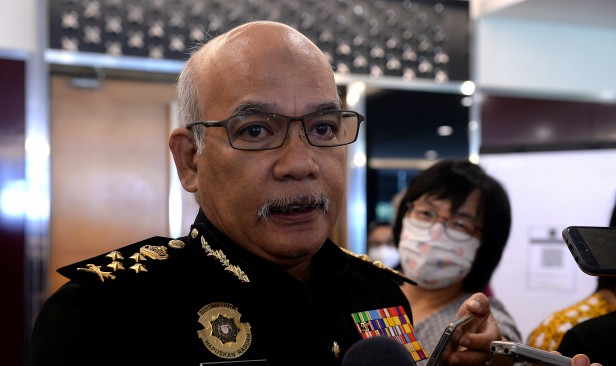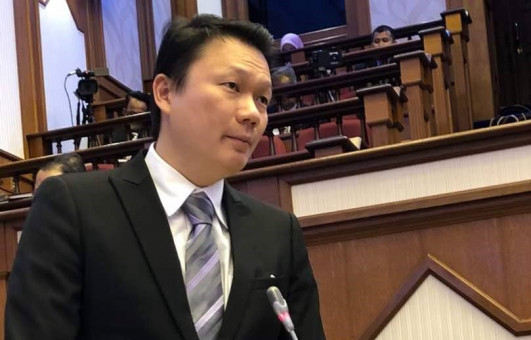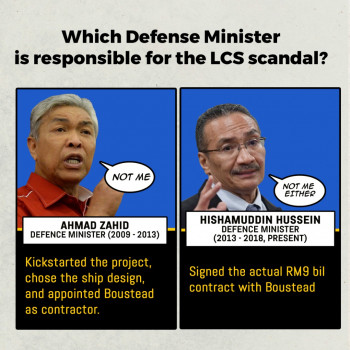
In conjunction with the International Anti-Corruption Day on December 9, the Malaysian Anti-Corruption Commission (MACC) launched Anti-Corruption Day in Malaysia with the theme “PBT Against Bribery”.
It is hoped that through combining the efforts of local government authorities, their officials can also report on bribery in order to fight together against the rampant culture of corruption in our country.
The lack of checks and balances in local authorities and the subsequent loss of accountability have always been a serious challenge that is heavily criticized by the public.
Therefore, in the absence of the system of checks and balances and monitoring, requesting local authorities to report on corruption that happen within their own departments appears to be a futile task of milking the bull.

Based on statistics by the Malaysian Anti-Corruption Commission (MACC), from 2015 until October this year, a total of 2,607 civil servants were arrested for corrupt practices, and more than half of them were in the implementing group or enforcers.
Such statistics show that the checks and balances and monitoring within the system have completely failed and are totally ineffective. As a fish rots from the head down, this isn’t really something surprising to the public.
When BN was the government, the MACC was often used as a political tool to suppress political opponents and orchestrate many scandals including the death of Teoh Beng Hock.
After the Sheraton Move, the PN government that came to power has gradually withdrawn corruption charges against the leaders of the PN government, including former prime minister Najib’s stepson Riza, former Chief Minister of Sabah Musa Amman, and most recently former Federal Territories Minister Tengku Adnan.
Rumour has it that even the former prime minister’s wife Rosmah, former deputy prime minister Ahmad Zahid, former minister Ahmad Maslan, Isa Samad, Bung Moktar and Abdul Azeez and other BN leaders who were involved in corruption cases might also be freed by withdrawing charges against them.
Such ridiculous acts are a form of humiliation to the International Anti-Corruption Day, whereas requiring low-ranking civil servants to join the fight against corruption is akin to milking the bull and have virtually no chance of succeeding.
At present, in the three levels of government in Malaysia, namely the federal, state, and local governments, citizens only have the right to vote in the federal and state levels.
On the other hand, the local government adopts the appointments system, and the main power in governance is carried out by civil servants.
The power of local councillors to either govern or hold the local authorities accountable is very limited. From the perspective of civic politics, such a system of governance is impaired and severely lacks the mechanism of checks and balances.
Malaysians merely vote once every five years to elect the federal and state governments. Also, voters in the federal territories only has one vote available because there is no state government election.
In such political climate and structure where the right to vote is exercised only once every five years, civil politics has not been popularized, while the extent of participatory democracy has not been expanded at all.
Even when we successfully ushered in a new government, efforts to implement political accountability and institutional reforms were still met with severe challenges. The PH government faced heavy backlash from the conservatives and extremists throughout the 22 months when it was the government.
If the government and the MACC are sincere to put an end to the corruption culture in local authorities, they should face up to the lack of the mechanism of checks and balances, public monitoring and accountability in local authorities. These are the key factors of corruption and abuse of power by local authorities.
Therefore, the revival of local elections can be a multipronged solution to expand citizens’ political participation, strengthen the culture of accountability in the local level, truly combat the rampant corruption culture in local authorities and ultimately protect the rights of all citizens.
UN Secretary-General António Guterres had warned governments around the world to face up to the crisis that the Covid-19 pandemic is becoming a hotbed of corruption.
This is because governments all over the world have adopted radical economic measures in response to the economic and health crises brought about by the pandemic.
However, due to the need to take urgent measures, some government departments or agencies manipulated regulations and mechanisms of monitoring and accountability in the name of “achieving targets efficiently”, yet created opportunities for corruption to be rampant.

It is only through implementing effective measures to reduce corruption, including strengthening the mechanism of checks and balances and accountability at all levels of government, that we can gradually be freed from the bondage of the negative repercussions brought about the pandemic and usher in a full recovery when the time comes.
Chiong Yoke Kong
ADUN Tanah Rata



